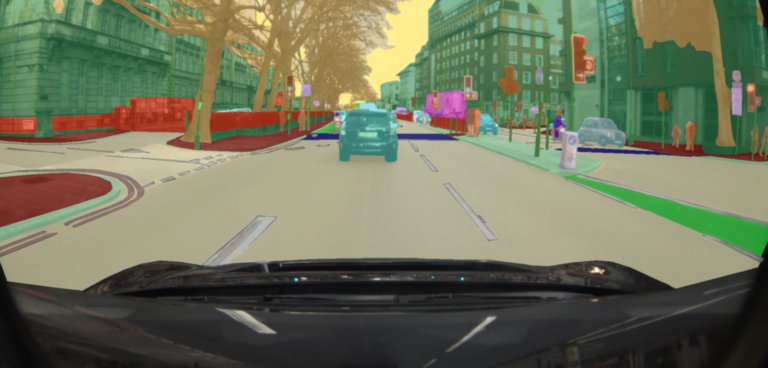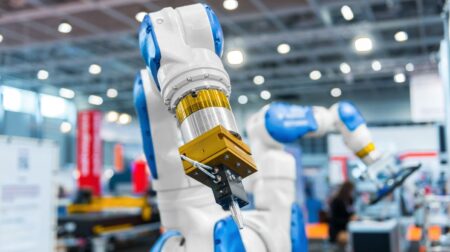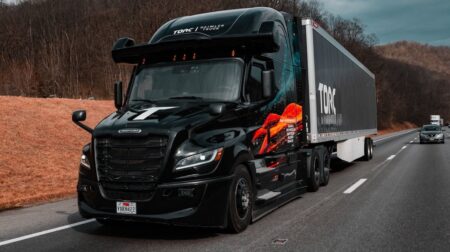London-based autonomous vehicle start-up Wayve is working with Microsoft to leverage the supercomputing infrastructure needed to support the development of AI-based models for autonomous vehicles (AVs) on a global scale.
This announcement follows Microsoft’s participation in Wayve’s US$200m Series B investment round, and extends its existing collaboration, which commenced in 2020, when Wayve chose Microsoft Azure to help accelerate the development of its technology.
The collaboration will bring together Wayve’s use of deep neural networks and vast quantities of data to train AI models with Microsoft’s engineering knowledge in powering large-scale AI systems.
Alex Kendall, CEO of Wayve, said: “Joining forces with Microsoft to design the supercomputing infrastructure needed to accelerate deep learning for autonomous mobility is an opportunity that we are honoured to lead.
“Deep learning systems thrive on data, and we’ve put an immense amount of effort into understanding what it takes to get these systems on the road. We are excited by the opportunities that this collaboration will create as we push deep learning to new levels of scale.”
Traditional self-driving systems rely on expensive hardware, HD mapping, and complex localisation systems that can take months and years to re-engineer for any new location. Wayve’s data-driven ‘learned’ approach enables the design of AV systems that can generalise – or apply its driving intelligence – to new, previously unseen places.
Read more: Ocado and Wayve to develop autonomous grocery deliveries
As Wayve moves towards commercialisation of its technology, Microsoft Azure will continue to be the company’s primary cloud platform. With the start of its commercial pilots, Wayve’s large deep learning workloads are beginning to reach the upper bounds of what’s possible with commercially available cloud and edge computing services. As these applications advance, supercomputers will need to handle larger datasets consisting of high-definition images and videos, on top of compute-intensive workloads for training and validation.
To build and safely deploy autonomous driving technology on a global scale, Wayve will need a powerful new infrastructure that is capable of one day training models with trillions of parameters and exabyte-scale image data from real-world driving and simulation. Wayve is teaming up with Microsoft Azure to implement supercomputing technologies that can power the future of autonomy.
Mark Russinovich, CTO, Azure at Microsoft, said: “Supercomputing capabilities are key to processing the immense amount of data required for the simulation, validation, and training of AI models that enable safe and secure autonomous driving. Wayve is combining its expertise in deep learning-based autonomous vehicle systems with Microsoft Azure computing power to bring self-driving transportation experiences to more people and organisations faster.”








